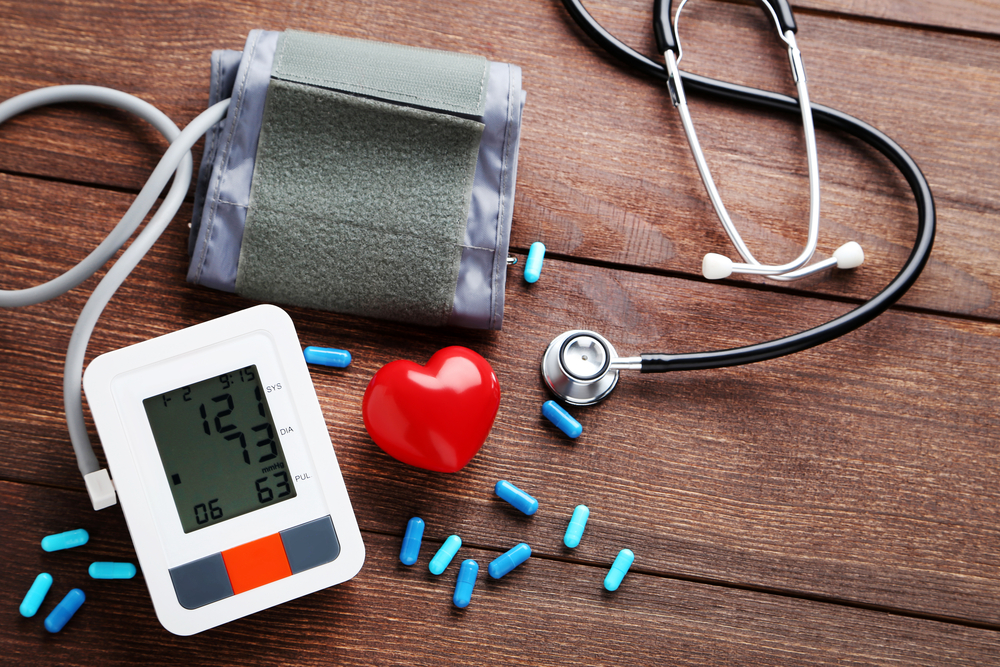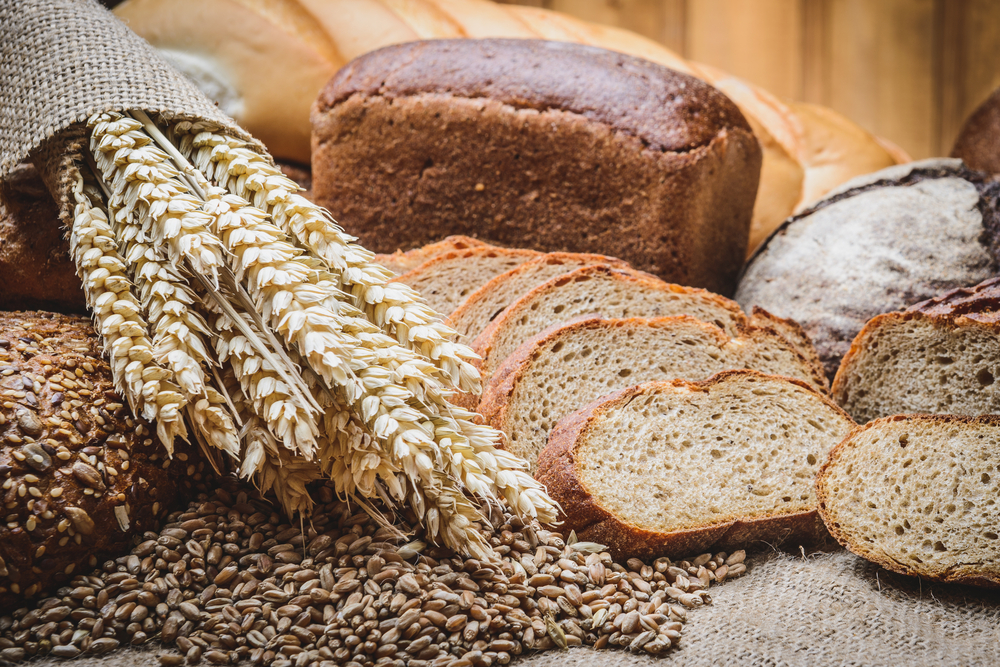Contents:
- Medical Video: High Blood Pressure | Hypertension | Nucleus Health
- How is hypertension diagnosed?
- Differentiating causes and risk factors for hypertension
- What are the risk factors for hypertension?
- Risk factors for hypertension that cannot be changed
- Risk factors for hypertension that can still be changed
Medical Video: High Blood Pressure | Hypertension | Nucleus Health
Human blood pressure will always change throughout the day. This is influenced by your emotions, activities, and eating patterns. Blood pressure can rise after exercise, when you are stressed, after drinking coffee, or when you hear shocking bad news. So, at that time your blood pressure may be high.
However, hypertension is a condition of chronic high blood pressure, which happens continuously. Hypertension occurs when your blood pressure is always high for a long time, whatever you are doing or eating.
You may feel well, but actually your blood pressure has begun to damage the body. If left unchecked, this can lead to serious health problems such as strokes and heart disease.
How is hypertension diagnosed?
Your blood pressure can be seen from two types of numbers. The number above is systolic blood pressure, which is the pressure in the blood vessels when your heart is beating. The number below is diastolic blood pressure, which is the pressure in the blood vessels when your heart is resting between each beat.
According to the World Health Organization (WHO), you are diagnosed with hypertension if the systolic blood pressure (upper blood pressure) is equivalent to or above 140 mmHg and / or diastolic blood pressure (lower blood pressure) equivalent to or above the 90 mmHg number.
Differentiating causes and risk factors for hypertension
In some cases, hypertension is caused by other medical conditions that have already attacked. This case is called secondary hypertension. Examples of causes include pregnancy, heart abnormalities, and kidney disease. Usually if the main disease is treated, the condition of your blood pressure will return to normal.
Unfortunately, 95 percent of people with high blood pressure experience primary hypertension, which is high blood pressure without a clear cause. In this case, various risk factors have been linked to hypertension.
The term "risk factor" itself is not a direct cause of an illness. But only habits, conditions, and similar things that can increase your risk of getting hypertension. So, the more risk factors for hypertension you have, the greater your chances of getting hypertension.
What are the risk factors for hypertension?
Some risk factors for hypertension cannot be changed anymore. However, there are still many risk factors for hypertension that can be changed and controlled so that your chances of getting hypertension are reduced. See the details below.
Risk factors for hypertension that cannot be changed
- History of hypertension in the family. If parents, siblings, or other family members have high blood pressure, you are more at risk of getting hypertension.
- Age. As we age, our blood vessels become stiffer, no longer elastic. As a result, blood pressure increases. However, this condition can also occur in children even though it is rare.
- Gender. Until reaching the age of 64 years, men are more susceptible to high blood pressure than women. Whereas at the age of 65 years and over, women who are more prone to high blood pressure.
Risk factors for hypertension that can still be changed
- Obesity and being overweight. You belong to being overweight if your body mass index is above 23. While you are classified as obese if your body mass index is above 25. First check your body mass index with a BMI calculator here. The heavier your body mass is, the more blood is needed to deliver oxygen and nutrients to all body tissues. Therefore, the pressure in the arteries will rise so that blood can be circulated smoothly. As a result, the heart forced to work hard for a long time can be damaged.
- Lack of movement. If you don't move much, your heart rate is usually higher. This means the heart will pump harder in each beat. However, when you exercise the body will produce hormones that relax blood vessels and reduce pressure in the blood.
- Dietary habit. Eating too much salt (which contains sodium) and potassium deficiency is a risk factor for hypertension. Sodium in salt can narrow blood vessels and make the body store lots of fluids. Both of these can then increase blood pressure.
- Smoke. When you smoke, blood pressure will rise. Having smoking habits means you are at risk of developing hypertension. Plus, toxic substances in smoking can damage blood vessels. Even people who become passive smokers or use other types of tobacco are also at risk of getting hypertension.
- Alcoholism. Drinking alcohol more than two servings per day can cause hypertension. Because, alcohol affects the nervous system and narrows blood vessels. As a result, heart rate and blood pressure can increase.
- Stressful. Severe stress can increase blood pressure quite dramatically, even if only temporarily. In addition, when you are stressed you will most likely not notice your diet, lack of exercise, smoking, or drinking alcohol - which can then be a risk factor for hypertension.
- Take certain medicines. NSAID pain relievers like ibuprofen and cold medicines like pseudoephedrine and phenylephrine can worsen the condition of high blood pressure or increase the risk of hypertension. Alternatively, if you need painkillers, use acetaminophen or paracetamol.
- Have a history of certain diseases. Obstructive sleep apnea or diabetes can be a risk factor for hypertension. Controlling the disease can help you keep blood pressure stable.












